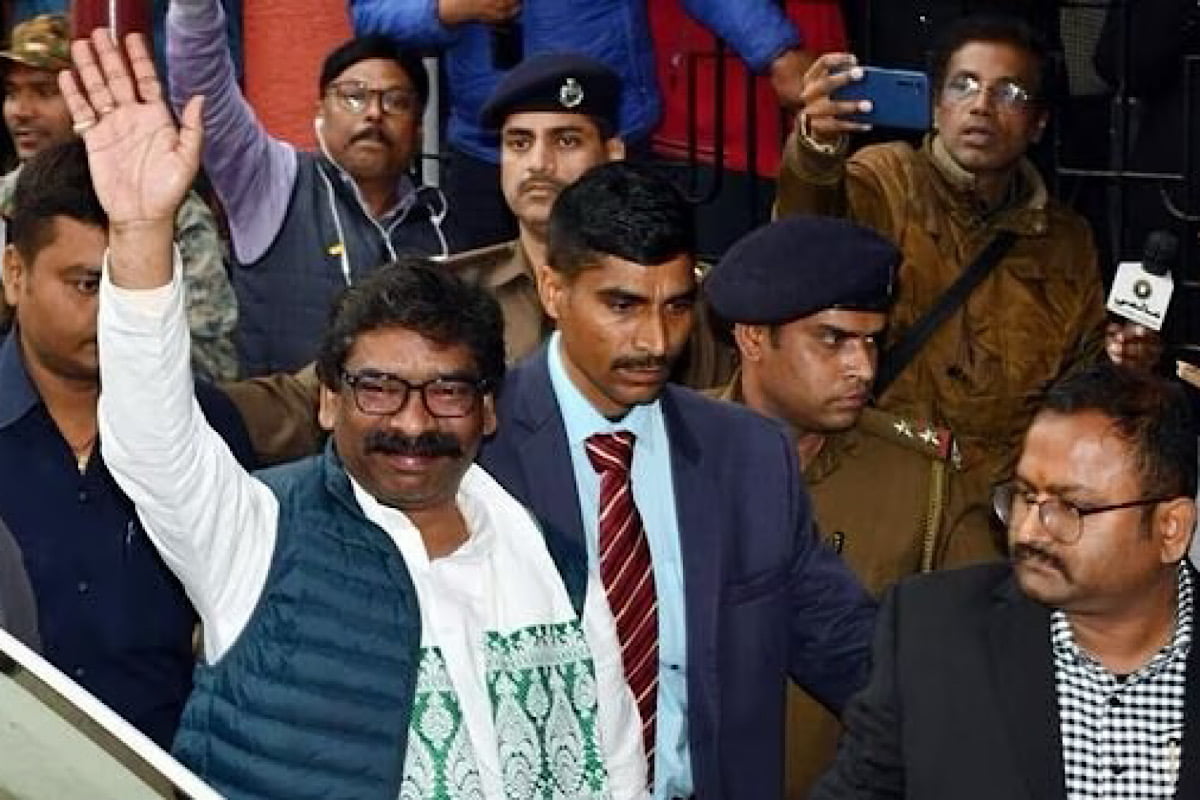In a significant move, the Narendra Modi-led union government of India has declared June 25th as “Samvidhaan Hatya Diwas” or “Constitution Murder Day” to pay tribute to the victims of the Emergency period. The Union Home Ministry issued a gazette notification on July 11th, formalizing this annual observance.
Background of the Emergency
On June 25, 1975, a proclamation of Emergency was made, leading to widespread abuse of power by the then government. The period saw the suspension of civil liberties, imprisonment of political opponents, and censorship of the press. The Emergency lasted for 21 months, during which fundamental rights were curtailed, and the government, under Prime Minister Indira Gandhi, ruled by decree. The Emergency was imposed following the Allahabad High Court’s decision to nullify Indira Gandhi’s election due to electoral malpractices.
The Gazette Notification of Samvidhaan Hatya Diwas
The notification emphasizes the gross abuse of power during the Emergency and highlights the resilience of India’s democracy and the people’s abiding faith in the Constitution. It states:

“Therefore, Government of India declares 25th June as ‘Samvidhaan Hatya Diwas’ (संविधान हत्या दिवस) to pay tribute to all those who suffered and fought against the gross abuse of power during the period of Emergency and to recommit the people of India to not support in any manner such gross abuse of power, in future.”
Statements from Leaders on Samvidhaan Hatya Diwas
Prime Minister Narendra Modi and Home Minister Amit Shah took to social media to underline the significance of this day. PM Modi remarked that observing June 25th as “Samvidhaan Hatya Diwas” serves as a reminder of the perils of trampling over the Constitution. He stated:
“It is also a day to pay homage to each and every person who suffered due to the excesses of the Emergency, a Congress unleashed dark phase of Indian history.”
Home Minister Amit Shah echoed these sentiments, pointing out the oppressive measures taken during the Emergency. He noted:
“On June 25, 1975, the then PM Indira Gandhi, in a brazen display of a dictatorial mindset, strangled the soul of our democracy by imposing the Emergency on the nation. Lakhs of people were thrown behind bars for no fault of their own, and the voice of the media was silenced.”
He further added that observing this day will help honor those who fought to restore democracy and prevent future abuses of power. Shah emphasized:
“The observance of ‘Samvidhaan Hatya Diwas’ will help keep the eternal flame of individual freedom and the defence of our democracy alive in every Indian, thus preventing dictatorial forces like the Congress from repeating those horrors.”
Political Context of Samvidhaan Hatya Diwas
The declaration of “Samvidhaan Hatya Diwas” comes amidst ongoing political debates. Rahul Gandhi has accused the BJP of attempting to alter the Constitution, which the Modi government counters by highlighting the Emergency period. The Emergency remains a contentious chapter in India’s history, frequently cited to underline the importance of safeguarding democratic principles.

The Emergency was lifted on March 21, 1977, following which fresh elections were called. Indira Gandhi and her Congress party suffered a resounding defeat, and Morarji Desai became the first non-Congress Prime Minister of India.
By declaring June 25th as “Samvidhaan Hatya Diwas,” the Indian government aims to remember the dark days of the Emergency, honor those who resisted it, and reinforce the commitment to upholding democratic values and constitutional integrity. This annual observance serves as a powerful reminder of the importance of vigilance against the misuse of power and the necessity of protecting democratic freedoms.
Discover more from The Doon Mozaic
Subscribe to get the latest posts to your email.



